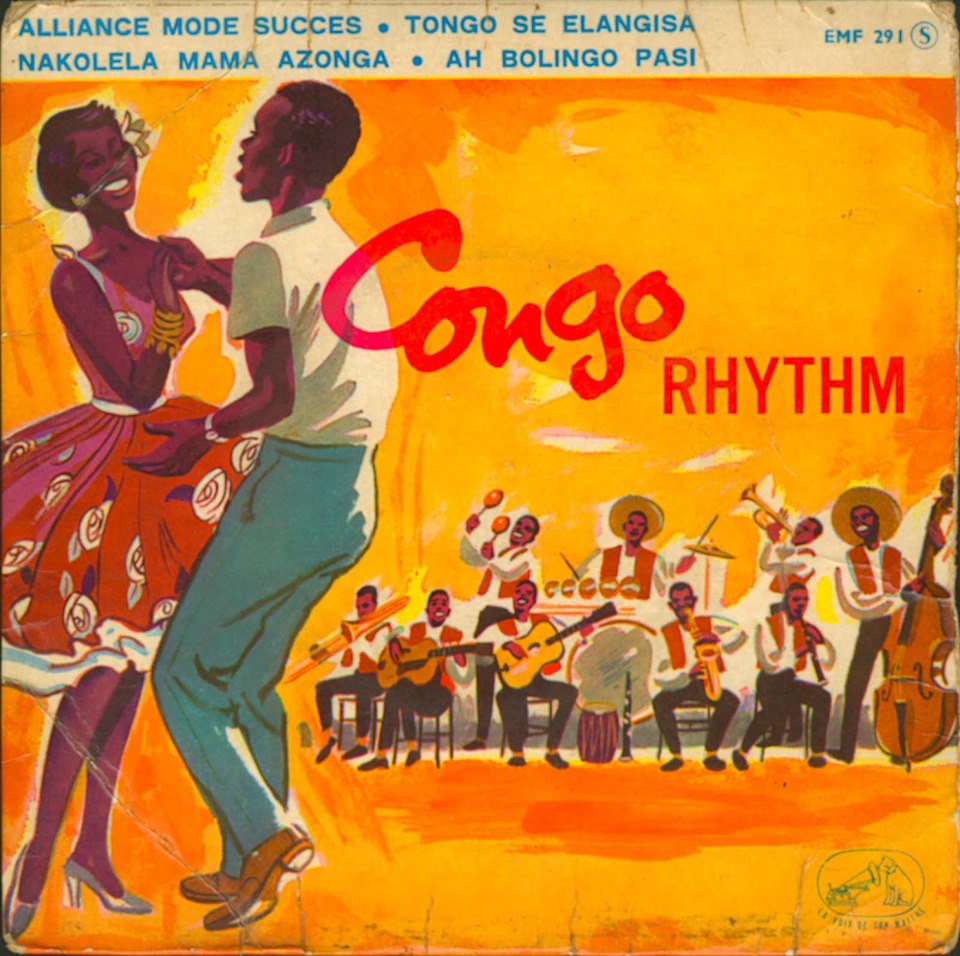The African Music Playlist
If all goes as planned, you will hear a variety of African music when you attend the "Drink Beer Stop Poverty" event at Discretion Brewing on Monday 28 October. This is the story of the Firelight Africa mixtape.

Compiling an African music playlist: what a luxury! There's music from sixteen countries. (Next time I would give more space to the Democratic Republic of Congo, the former Zaire, the musical powerhouse of the continent. And I would find space for Egypt, the other musical powerhouse.) The tunes span the decades from the 70s to the present. There are superstars like Hugh Masekela, Fela, Youssou N'Dour and Mulatu Astatqé, and there are little-known gems culled from combing the open-air markets in Morocco, Mali, Senegal, Mozambique… There is music for dancing, for assembly, for socializing, for thinking.
Two things about Africa strike you immediately when you listen to these records, two things that might seem at odds with the impression that the headlines give us about the continent.
First, Africa is open to the world. Stereotypes abound regarding a hidebound, isolated, remote and conservative continent, mired in inefficiency and backwardness. Africa's music, however, reflects the genuinely expansive exchange it engages with the whole world. At first blush, you might notice how the music here incorporates musical practices old and new from other parts of the world: reggae (Dub Colossus) hip hop and rap (Juliani), Brazilian percussion (Cheikh Lo), classical Arabic music (Jil Jilala), Afro-Cuban rhythms (Orchestra Baobab or Kanda Bongo Man), techno and electronica (Baaba Maal). I'm not even sure how to characterize the borrowings of Bombino, a leading representative of the current craze of Hendrix-inspired electric guitar toting Tuareg nomads. Dig deeper and you'll find that African musicians are not only incorporating these elements, they are reincorporating them. When Cuban dance records began to appear in the Belgian Congo in the 1940s and 1950s, local musicians were entranced because they recognized the rhythms that had migrated from Africa to the New World over the centuries (Congo's Kanda Bongo Man, heard on this Firelight mixtape, is one heir to that story.)
Second, Africa is rich. Rich in so many ways: in cultural resources, in innovative creativity, in achievement. If your view of Africa's potential -- whether you're in Africa or in California or somewhere else -- is one of benighted peoples hampered by scarcity and hopelessness, an introduction to the musical output of a selection of the continent's musical styles is a bracing eye-opener. There is no other way to respond to the wealth of these varied records.
This is not to deny the litany of problems that beset Africa: economic, political, humanitarian, social, ecological. Precisely because of the magnitude of challenges that Africans face, it is doubly important for Africans and those of us non-Africans working with them, to remind ourselves of the tremendous vitality of the continent.
So raise a glass to African music!
Here, then, are the details:
Part 1: Africa Dance
"Gorel," Baaba Maal (Senegal) "Feqer Aydelem Wey," Dub Colossus (Ethiopia) "Africa Dance," Ba Cissoko (Guinea-Conakry) "Soro (Afriki)," Salif Keita (Mali) "Kwedini," Yvonne Chaka Chaka (South Africa) "Mama," Mory Kanté (Guinea-Conakry) "Hely Meli," Hamid el-Shaeri (Libya) "Djorolen (Remix)," Oumou Sangaré (Mali) "Chery Boy," Viviane (Senegal) "Sai," Kanda Bongo Man (Congo-Kinshasa) "Al-Qods," Jil Jilala (Morocco) "Malembe Malembe," Bonga (Angola) "Fanya Tena," Juliani, Johny-Boy, K-Swiss & Agano (Kenya) "On Verra Ça," Orchestra Baobab (Senegal) "Vana Vangu," Thomas Mapfumo (Zimbabwe)<br>
Part 2: La Réalité
"Miriama," Baaba Maal (Senegal) "Gbara Case," Sierra Leone's Refugee All-Stars (Sierra Leone) "Yègellé Tezeta," Mulatu Astatqé (Ethiopia) "Oh Yeh Soweto," Teaspoon & The Waves (South Africa) "Tar Hani (My Love)," Bombino (Niger) "Curtição," MC Roger (Mozambique) "Un Mot De Toi," Rhany (Morocco/Tunisia) "Gambari," Ali Farka Touré (Mali) "Nelson Mandela," Youssou N'Dour (Senegal) "Synchro Series Synchro System," King Sunny Adé (Nigeria) "Sénégal-Brésil," Cheikh Lô (Senegal) "Mahlalela," Letta Mbulu & Hugh Masekela (South Africa) "Zombie," Fela Kuti (Nigeria) "La Réalité," Amadou & Mariam (Mali)
Jeff Dayton-Johnson wrote this blog. Jeff is an associate professor and program chair at the Monterey Institute of International Studies. He is also the host of "Now's The Time" on KUSP.



